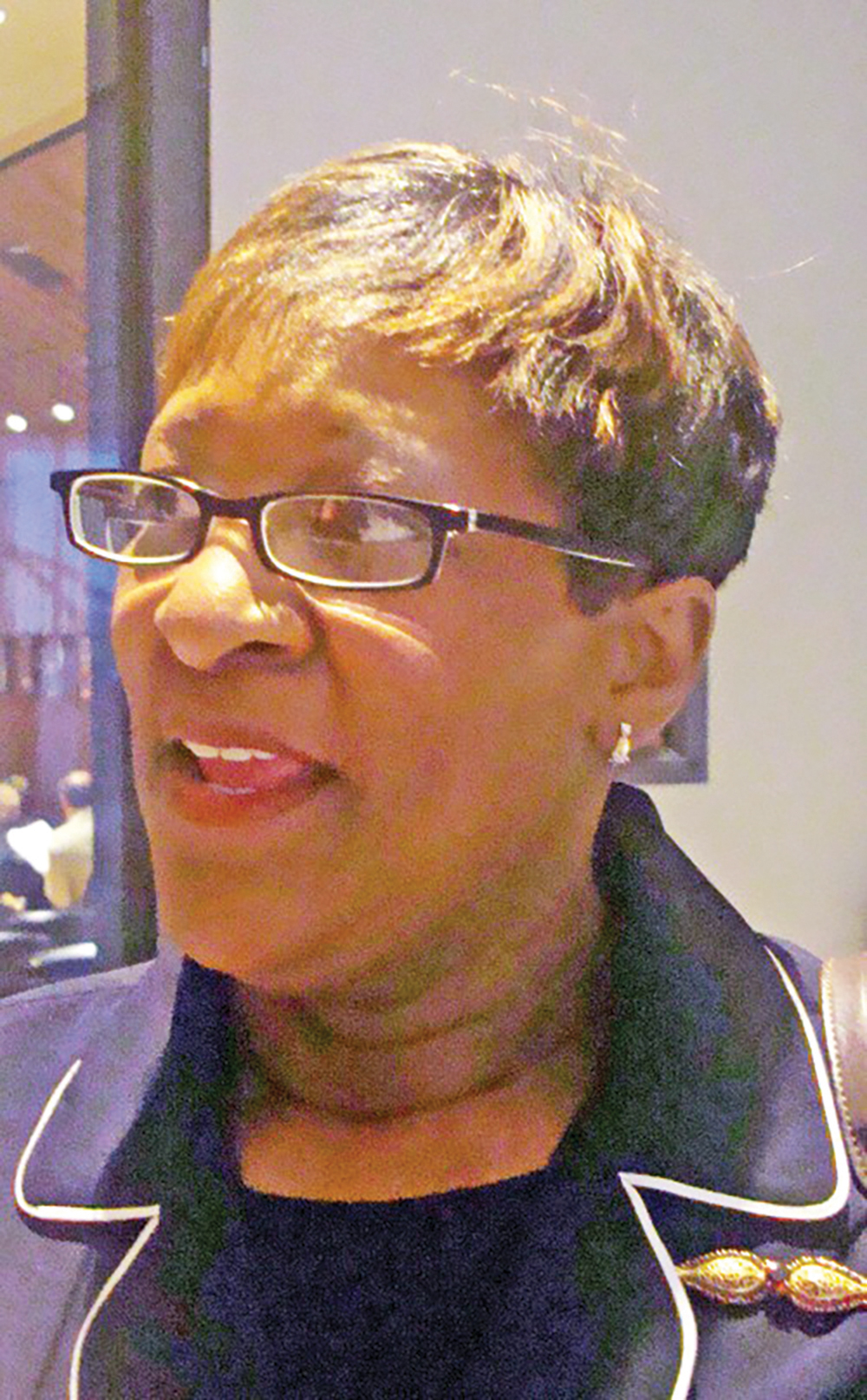Depending on how one interprets the recent announcement by Michelle McKissack as to her political intentions, there are either one or two women in the running for Memphis mayor. There are still those who regard McKissack, the school board chair and former TV anchor, as having been equivocal or hypothetical in her formal announcement. Did she say she was running or merely indicate she was thinking about it?
There was no such ambiguity about Karen Camper’s intentions. The minority leader, declaring her candidacy from a position next to her grandmother’s front porch in South Memphis, proclaimed herself “ready” and reinforced the immediacy of her candidacy with some striking words: “From the front porch, we can see the conditions of our streets. We can see whether it is littered with potholes. We can hear the engines of cars roaring out of control. We can hear street racing. We can hear gunshots.”
She declared, “Memphis needs a mayor that’s willing to meet with you on your front porch.”
In so dramatizing her effort, positioning herself as having sprung right from the grassroots of inner city Memphis, Camper was ingeniously minimizing one of the potential shortcomings of her position — that her basic governmental experience, however renowned, has taken place at something of a remove from home.
Camper’s race can usefully be compared to that of a previous mayoral aspirant, Carol Chumney, who sought the office in 2007, against then incumbent Mayor Willie Herenton and MLGW CEO Herman Morris.
Like Camper, Chumney, now a Civil Court judge, had served for many years in the Tennessee state House. She did not become her party’s leader, as has Camper, but Chumney was an influential legislator, particularly in the field of children’s services, which she turned into a major public concern, and she held several leadership positions in the Democratic hierarchy, which in those days actually controlled the House.
Chumney had credentials, but they were, like those of Camper today, amassed primarily in an environment, Capitol Hill in Nashville, that was physically distant from the constituency of greater Memphis and not nearly as familiar to its voters as the governmental arenas for those public officials who had served closer to home.
Had Chumney chanced a mayoral race on the basis of her legislative qualifications, she would likely have had far greater difficulty than she did in the 2007 race, where she was a major contender from beginning to end. Indeed, she had made a Democratic primary race for Shelby County mayor in 2002, while still a legislator, and had run respectably, but well behind, against eventual winner AC Wharton, then the county’s public defender.
In 2003, though, Chumney had said goodbye to the General Assembly and run for a seat on the Memphis City Council against fellow hopefuls George Flinn and Jim Strickland. She won that race and wasted no time in broadening her acquaintance with the city’s voters and theirs with her.
In the four years leading up to the 2007 mayor’s race, Chumney was the most visible member of the council, posing challenge after challenge not only to the more questionable actions of Mayor Willie Herenton but to the good-ol’-boy presumptions of a council where pork was ladled about by members like so many reciprocated scratchings of each other’s back.
In so doing, Chumney ruffled some feathers in city hall, but she got the attention of the voters, enough so that she finished a close second to Herenton in the three-cornered mayor’s race, leading to speculation that she might have won in a one-on-one.
Karen Camper doesn’t have the advantage that Chumney had of recent and close-up tangles with the powers-that-be, but, to judge by her unusual mode of announcement, she has good grassroots instincts. And, of all the contestants, she may be most familiar with the ongoing threats to home rule posed by today’s state government. Which may be more of an issue than it may seem.
